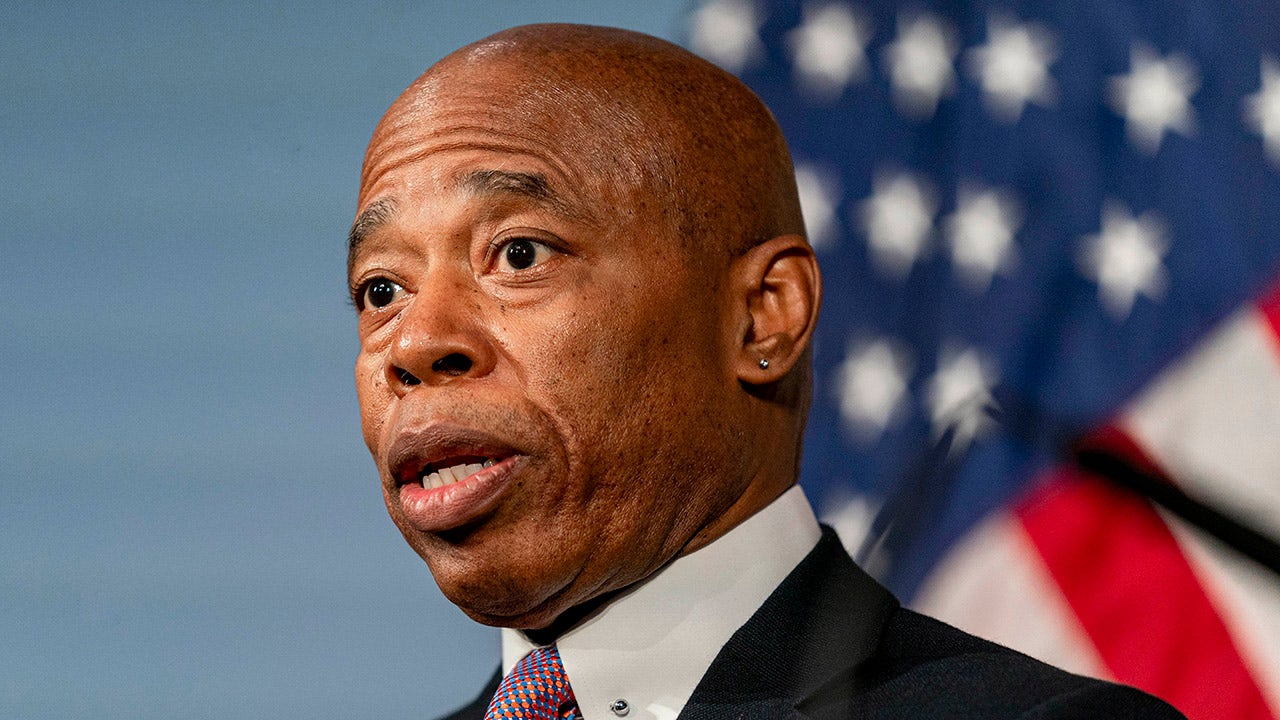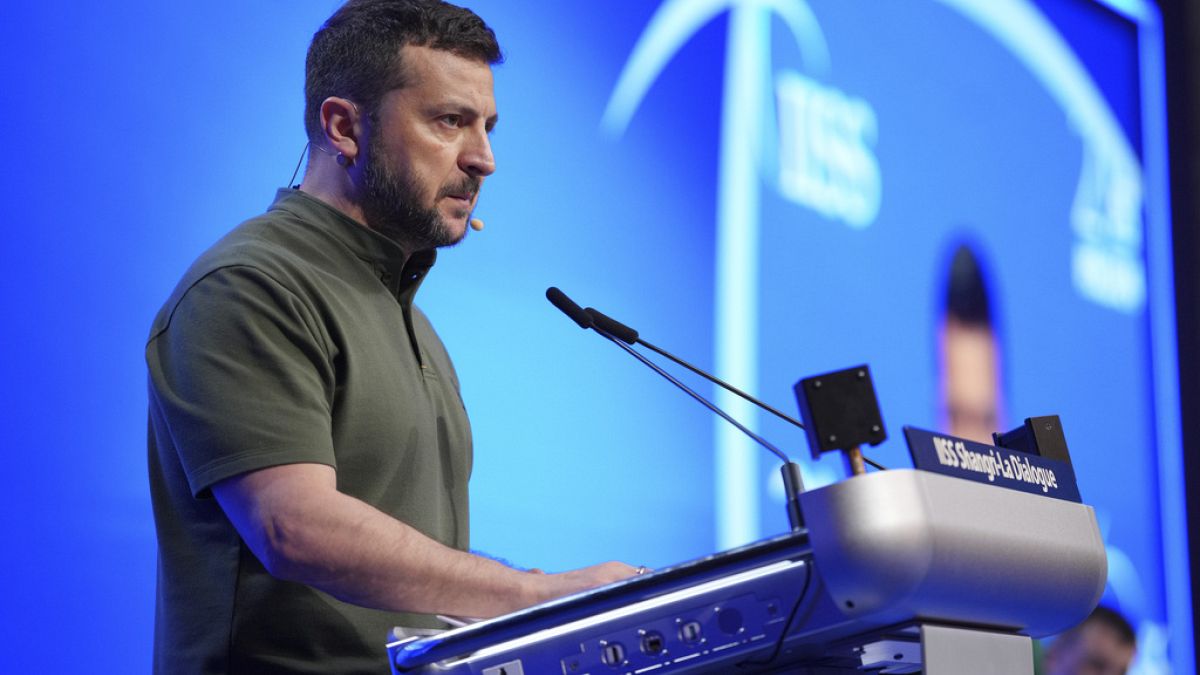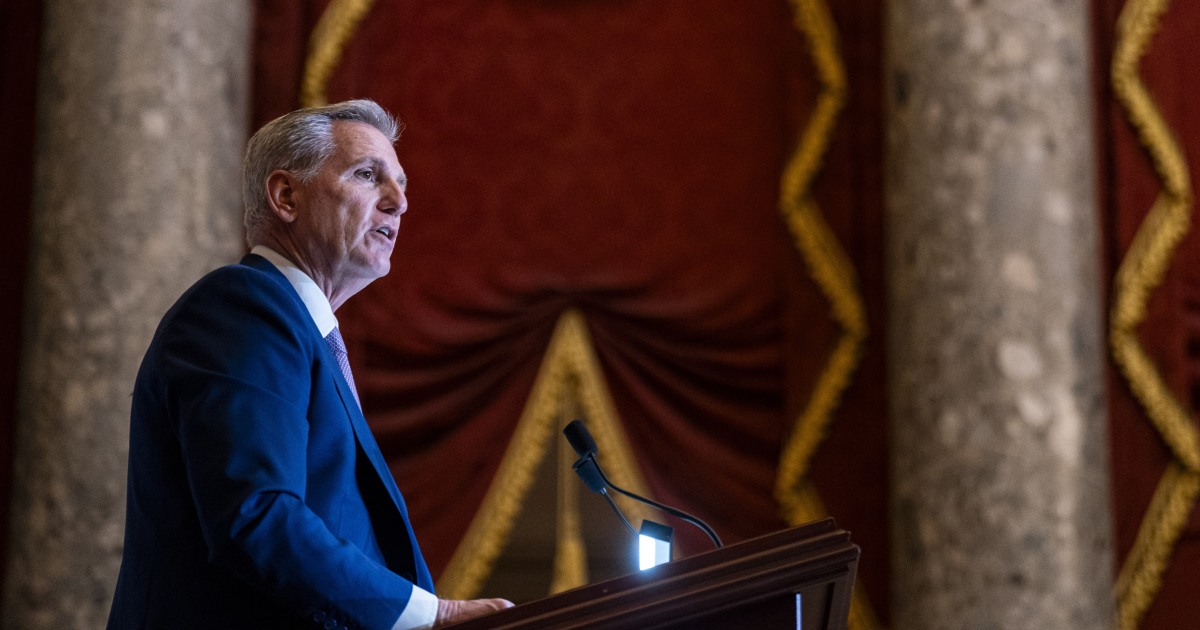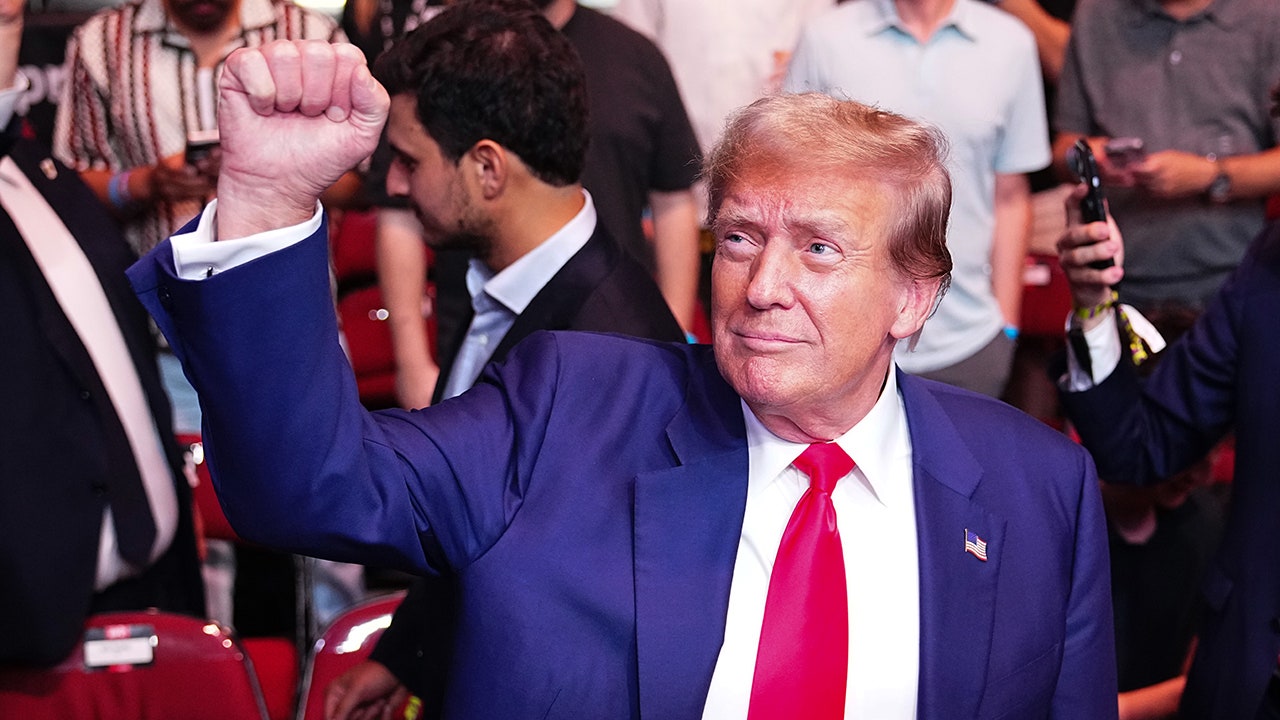Education
Opinion | Reflections on ‘Reflections of an Affirmative Action Baby’

In 1991, Stephen L. Carter, a professor at Yale Law School, began his book “Reflections of an Affirmative Action Baby” with a discomfiting anecdote. A fellow professor had criticized one of Carter’s papers because it “showed a lack of sensitivity to the experience of Black people in America.” When the professor, who was white, learned that Carter was Black, he withdrew the remark rather than defend his claim. It was a reminder to Carter that many people, especially among his fellow establishment elites, had certain expectations of him as a Black man.
“I live in a box,” he wrote, one bearing all kinds of labels, including “Careful: Discuss Civil Rights Law or Law and Race Only” and “Warning! Affirmative Action Baby! Do Not Assume That This Individual is Qualified!”
This was a book that refused to dance around its subject.
Weaving personal narrative with a broader discussion of affirmative action’s successes and limitations, “Reflections of an Affirmative Action Baby” offered a nuanced assessment. A graduate of Stanford and Yale Law School, Carter was a proud beneficiary of affirmative action. Yet he acknowledged the personal toll it took (“a decidedly mixed blessing”) as well as affirmative action’s sometimes troubling effects on Black people as the programs evolved over time.
I first read “Reflections” for a class on city politics at Brown University shortly after it came out, and shortly after Clarence Thomas was nominated to the Supreme Court to fill the seat formerly held by Thurgood Marshall, for whom Carter had served as a clerk. The fact that Thomas was very likely nominated because he was Black and because he opposed affirmative action posed a conundrum for many supporters of racial preferences. Was being Black enough? Or did you have to be “the right kind” of Black person? It’s a question Carter openly wrestles with in his book.
In anticipation of what many expect will be the end of affirmative action when the Supreme Court issues decisions in two cases about college admissions at the end of the current term, I thought I’d return to the book that first got me thinking seriously about the subject. What immediately struck me on rereading it was how prescient Carter was about these debates 32 years ago. What role affirmative action should take was playing out then in ways that continue to reverberate.
The end of affirmative action, in Carter’s view, was both necessary and inevitable. “We must reject the common claim that an end to preferences ‘would be a disastrous situation, amounting to a virtual nullification of the 1954 desegregation ruling,’” he wrote, quoting the activist and academic Robert Allen. “The prospect of its end should be a challenge and a chance.”
For Carter, affirmative action was a necessary stopgap measure to remedy historical discrimination. Like many people today — both proponents and opponents of affirmative action — he expressed reservations about relying on diversity as the constitutional basis for racial preferences.
The diversity argument holds that people of different races benefit from one another’s presence, which sounds desirable on its face. But the implication of recruiting for diversity, Carter explained, had less to do with admitting Black students to redress past discrimination and more to do with supporting and reinforcing essentialist notions about Black people.
An early critic of groupthink, Carter warned against “the idea that Black people who gain positions of authority or influence are vested a special responsibility to articulate the presumed views of other people who are Black — in effect, to think and act and speak in a particular way, the Black way — and that there is something peculiar about Black people who insist on doing anything else.”
In the past, such ideas might have been seen as “frankly racist,” Carter noted. “Now, however, they are almost a gospel for people who want to show their commitment to equality.” This belies the reality that Black people, he said, “fairly sparkle with diversity of outlook.”
Given statements like this, it’s hard to imagine Carter welcoming the current vogue for white “allyship,” with its reductive assumption that all Black people share the same interests and values. He disparaged what he called “the peculiar relationship between Black intellectuals and the white ones who seem loath to criticize us for fear of being branded racists — which is itself a mark of racism of a sort.”
At the same time, Carter bristled at the judgment of many of his Black peers, describing several situations in which he found himself accused of being “inauthentically” Black, as if people of a particular race were a monolith and that those who deviated from it were somehow shirking their duty. He said he didn’t want to be limited in what he was allowed to say by “an old and vicious form of silencing.”
In an interview with The Times in 1991, Carter emphasized this point: “No weight is added to a position because somebody is Black. One has to evaluate an argument on its own merits, not on the race of the person making it.”
Carter took issue with the belief, now practically gospel in academic, cultural and media circles, that heightened race consciousness would be central to overcoming racism. However well intentioned, when you reduce people to their race-based identity rather than view them as individuals in their full, complex humanity, you risk making sweeping assumptions about who they are. This used to be called stereotyping or racism. As Carter noted, “there has always been something unsettling about the advocacy of a continuation of racial consciousness in the name of eradicating it.”
Carter’s arguments were controversial at the time, but the book nonetheless received widespread praise. In a cover review in The New York Times Book Review, David J. Garrow, a Pulitzer Prize-winning historian of the civil rights movement, called “Reflections of an Affirmative Action Baby” “powerfully written and persuasive.” The Los Angeles Times said it was “an essential text in the public debate over racial preferences.” The New Yorker called Carter “shrewd, subtle and funny.”
Though a consistent majority of Americans today oppose racial preferences in college admissions — including majorities of Black and Hispanic people, as well as majorities of Democrats — defenders of affirmative action too often dismiss those beneficiaries of affirmative action who publicly express reservations about the policy. These defenders often make knee-jerk assumptions about the political agendas of liberal Black writers like Thomas Chatterton Williams and my colleague at The Times, John McWhorter, falsely casting them as conservatives or “traitors” to their race.
Some people jumped to the same conclusions about Carter back in 1991. But he rejected all efforts to label him, insisting that intellectuals should be “politically unpredictable.” As the Washington Monthly noted: “Critics who attempt to push (or pull) Carter into the ranks of the Black right wing will be making a mistake. He is not a conservative, neo- or otherwise. He is an honest Black scholar — the product of the pre-politically correct era — who abhors the stifling of debate by either wing or by people of any hue.”
This strikes me as the greatest difference between reading the book today and reading it as an undergrad at a liberal Ivy League college: the attitude toward debating controversial views. “Reflections” offers a vigorous and unflinching examination of ideas, something academia, media and the arts still prized back in 1991. Carter’s arguments were considered worthy of discussion, however misguided his critics took them to be. And Carter was prepared and willing to defend them.
Today, a kind of magical thinking has seized ideologues on both the left and the right, who seem to believe that stifling debate on difficult questions will make them go away. But if affirmative action itself goes away, America — which Carter deemed “a society that prefers its racial justice cheap” — will no longer be able to avoid grappling with the real and persistent inequalities that necessitated it in the first place.

Education
Video: ‘It Didn’t Have to Happen This Way:’ U.Va. Faculty Call for Review of Police Response to Protests

Protesters: “Disclose! Divest!” In student-led protests around the country, university faculty have stood in support of demonstrators, risking arrest. “He is a professor. He is a professor.” At the University of Virginia, The Times got an inside look at faculty’s role. “I can take you through the blow by blow of the day if you want.” And how their negotiations with police broke down at a crucial moment. “Why is he —” “Back up.” “In a wanton fashion, they allowed the Virginia State Police to come here fully armed, rifles, mace. One of my colleagues was standing right there trying to talk to the Virginia State Police. He got arrested. The other one standing next to him got pushed back behind the line, and he got partially maced. It didn’t have to happen this way.” The night before police raided a pro-Palestinian encampment, a few University of Virginia professors tried to deescalate the standoff and recorded their conversation with the university police chief, Tim Longo. The Times agreed to blur the faces of faculty who had concerns about their job security. Protesters had refused to engage with the university. So a handful of professors stepped in to be intermediaries. This, at times, frustrated administrators who told The Times the process required a leap of faith. “We basically took shifts, two-hour shifts being here. We had these yellow armbands that we wore to distinguish that we were faculty liaison. And our job really was just to communicate between the administration, the police and the students.” Hours later, Professors Walter Heinecke and Mark Sicoli, who documented the incident on his phone, approached the police chief again, stating confusion about what the campus policy actually states for use of smaller recreational tents. Within half an hour, before professors and police could come to an agreement about the tent policy, Chief Longo called the Virginia State Police. Troopers soon arrived with pepper spray and M4 assault rifles to help dismantle the encampment. In all, a few dozen protesters in about 20 tents. “Shame on you. Shame on you.” University officials say they warned protesters for days that they were in violation of school policy. Twenty-seven people were arrested, including at least one professor, who declined to speak with us for this story. “He is a professor. This is a professor.” “We were in front of the camp students. And then in front of us were faculty. And then the Virginia State Police were here and moved in. I was hit with a riot shield, which is when I got this bruise. They pepper-sprayed me. I was detained for about 10 minutes, if I had to guess. And then eventually, they just, like, cut off my zip ties.” The heavy police response raised alarm across campus. And now, several faculty members, including Heinecke, want to hold the university accountable for what they say was a violent clampdown on free speech, protesting Israel’s war in Gaza. “I’ve just got to show you one thing where they get around on —” “If they would have just said, you know, let’s negotiate, let’s leave the tents up for a couple more days and we’ll negotiate this out. It’s not like you’re robbing a bank or anything. You put a couple of tents on. Why couldn’t we have just done this a different way because the stakes were so low?” The university president and campus police chief did not respond to requests for comment. “And then I’ll turn to Chief Longo.” But in a virtual town hall on May 7, university police and administration defended their actions, citing unidentified outside agitators as a primary concern. “The police were met with physical confrontation and attempted assault, and didn’t feel equipped to engage given the situation. That’s when the decision was made to call on the state police.” “We have a duty to fight for Palestine.” “We have a —” “I was afraid that myself and the assistant chief would be surrounded, and that we would be put in a position to have to defend ourselves. It was clear to me by word and action, this was escalating.” “Free, free Palestine.” “In front of the historic rotunda.” In response, Heinecke and several other faculty members held their own town hall to try to show that the police action was unwarranted. Then on May 10, the U.V.A. faculty senate held a hearing with President Ryan to discuss the university response to protests. “I, for one, am thankful for him that he prevented us to get into a situation, which would be similar to a Columbia.” While there was support, most of the speakers were critical. “My heart broke because of what took place.” “To the condemnable call of the Virginia State Police in full gear, and the use of excessive force to terrorize our students in their own backyard.” “If all of you decide I’m not the right leader, that’s your choice.” In a vote, faculty called for an independent review of his and Chief Longo’s decisions on May 4, but stopped short of condemning the police action outright. “All right. Once again, I need people who are just here for court.” On the same day across town, supporters of protesters facing trespassing charges gathered in solidarity at the courthouse. “It’s first hearing for everybody who was charged with trespass, which includes our two students.” On May 15, many of those arrested at the protest encampment had their charges dismissed by the public prosecutor. A U.V.A. spokesman told The Times that the university has not yet agreed to an independent review of its decision to call in state police.
Education
Video: Hundreds of Harvard Students Walk Out at Commencement

new video loaded: Hundreds of Harvard Students Walk Out at Commencement
transcript
transcript
Hundreds of Harvard Students Walk Out at Commencement
The students were protesting Harvard University’s decision to bar 13 seniors from the ceremony in the wake of campus demonstrations over the war in Gaza.
-
Crowd: “Let them walk. Let them walk, let them walk.”
Recent episodes in Israel-Hamas War
Education
Video: Protesters Scuffle With Police During Pomona College Commencement

new video loaded: Protesters Scuffle With Police During Pomona College Commencement
transcript
transcript
Protesters Scuffle With Police During Pomona College Commencement
Pro-Palestinian demonstrators tried to block access to Pomona College’s graduation ceremony on Sunday.
-
[chanting in call and response] Not another nickel, not another dime. No more money for Israel’s crime. Resistance is justified when people are occupied.
Recent episodes in U.S.
-

 News1 week ago
News1 week agoRead the I.C.J. Ruling on Israel’s Rafah Offensive
-

 News1 week ago
News1 week agoVideo: Protesters Take Over U.C.L.A. Building
-

 World1 week ago
World1 week agoHoping to pave pathway to peace, Norway to recognise Palestinian statehood
-

 News1 week ago
News1 week agoLegendary U.S. World War II submarine located 3,000 feet underwater off the Philippines
-

 World1 week ago
World1 week agoFamilies of Uvalde school shooting victims sue Microsoft, Meta and gunmaker
-
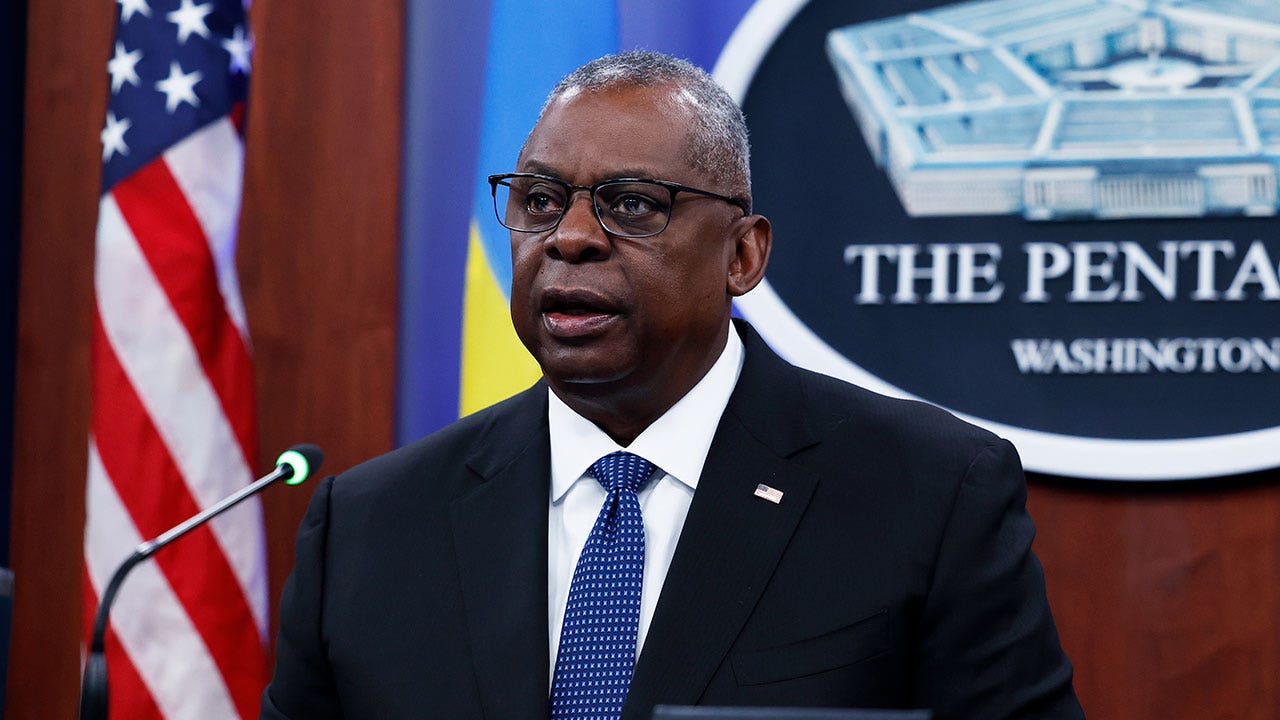
 Politics1 week ago
Politics1 week agoDefense Secretary Lloyd Austin to undergo nonsurgical procedure, Deputy Kathleen Hicks will assume control
-

 Politics1 week ago
Politics1 week agoHunter Biden attends pre-trial hearing in Delaware court on federal gun charges
-

 News1 week ago
News1 week agoHere are three possible outcomes in the Trump hush money trial : Consider This from NPR









